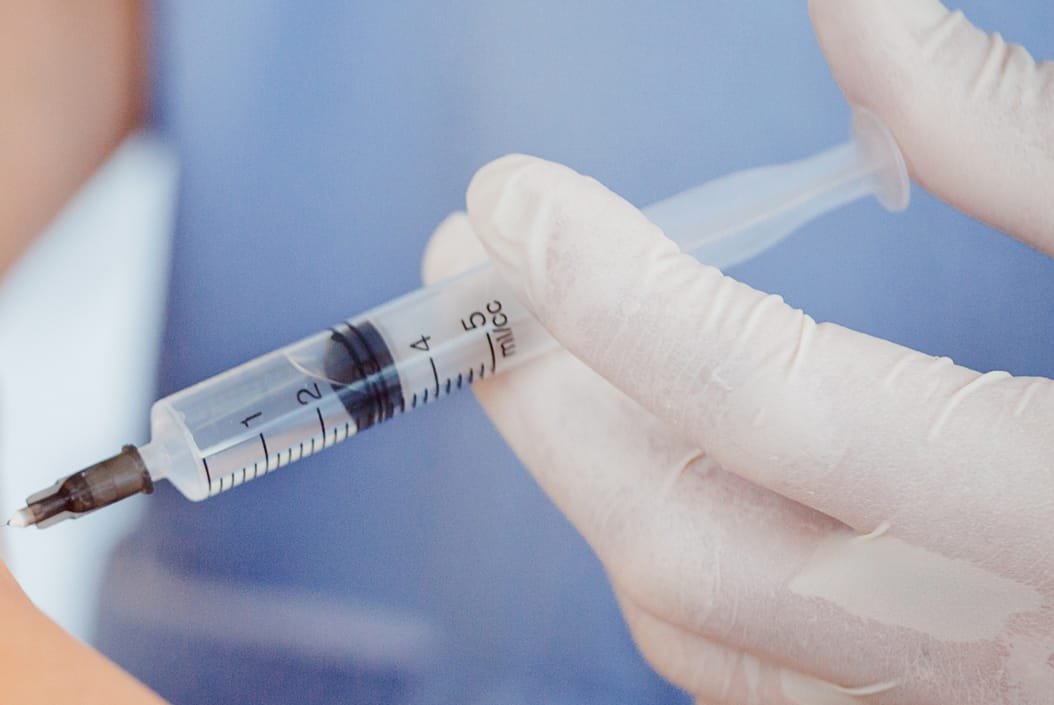At Complete we carry out many ultrasound guided injections for a range of conditions. Often the injections are most effective when combined with a rehabilitation programme prescribed by a physiotherapist. However, for some conditions a stand-alone steroid injection is actually the most effective treatment and does not require any follow up physiotherapy.
Examples of this are:
- De Quervain’s tenosynovitis (wrist tendonitis)
- Carpal tunnel syndrome
- Frozen shoulder (the medical term for this is adhesive capsulitis)
- Trigger finger or trigger thumb
These four conditions can be very painful and debilitating. If the condition is very painful, not improving or getting worse, then often a steroid injection is required. At Complete all of our treatments are informed by the current literature and evidence available for the specific condition. Steroid injections for the listed conditions have all been approved by NICE, the National Institute for Health & Care Excellence and are so supported by a significant amount of research.
1. De Quervain’s tenosynovitis (wrist tendonitis)
De Quervain’s tenosynovitis is inflammation of the sheath, which surrounds the tendon. The tendon can also swell and become thicker.
Many tendon problems in the body are due to excessive overload or repetitive use. This condition is also quite common during pregnancy and just after giving birth. The good news is steroid injections can be given to pregnant women and those breastfeeding. The steroid has no effect on the foetus or new born. (https://www.breastfeedingnetwork.org.uk/wp-content/dibm/steroid-injections-oct14.pdf)

We will always carry out a diagnostic ultrasound of the tendons to confirm the diagnosis before we perform a guided steroidal injection. You do not need an MRI for this condition. An ultrasound guided steroid injection for De Quervain’s tenosynovitis is an extremely effective treatment modality and improves symptoms in around 90-95% of clients. It is unusual that a second injection is required.
2. Carpal tunnel syndrome
Carpal tunnel syndrome is swelling within the carpal tunnel which is located at the wrist. This causes irritation of the median nerve and can give you pins and needles and tingling in the thumb and fingers. It is normally very uncomfortable at night and first thing in the morning.

Ultrasound has been shown to be a reliable and accurate diagnostic modality for carpal tunnel syndrome. We always carry out an ultrasound to confirm the diagnosis before we carry out a guided injection. An MRI is not required for this condition. An ultrasound guided steroid injection into the carpal tunnel reduces the inflammation in the tunnel and therefore reduces the irritation on the nerve. This reduces the pins and needles, numbness and/or pain. Most people will experience relief within four or five days. It is current practice that people should avoid surgery until they have tried at least one steroid injection for carpal tunnel syndrome.
3. Frozen shoulder (the medical term for this is Adhesive Capsulitis)
Adhesive capsulitis or frozen shoulder is a very painful condition. It normally affects people between the ages of 40 and 60. Often it is more common in females and those who have diabetes. It is an extremely painful, debilitating condition and often clients cannot sleep at night. Frozen shoulder is often described as having three stages or phases:
- Stage 1 = Painful phase
- Stage 2 = Stiff phase
- Stage 3 = Recovery phase

Steroid injections have been shown to be the most effective type of treatment, as recommended by NICE, in the first stage of frozen shoulder. Physiotherapy is not effective in this stage as the shoulder is too painful. The role of the steroid injection is to reduce the inflammation and reduce pain, particularly at night. Following the injection, the pain should reduce significantly but often you still have a stiff shoulder. This is stage 2 of a frozen shoulder. Physiotherapy is advised at this stage to improve the range of movement and improve your function. Stage 3, is when the shoulder becomes less stiff and full function returns.
4. Trigger finger or trigger thumb
Trigger finger or trigger thumb is a frustrating condition where the finger or thumb gets stuck in a bent position. It is very common particularly amongst those who have manual jobs. The triggering occurs because the tendons in the hand get inflamed and you get a thickening of the pulley. The pulley keeps the tendon in the hand in the correct position.

This is one of the most common injections that we carry out and normally stops the triggering and pain within days.
The steroid reduces the inflammation in and around the tendon and reduces the catching and locking of the tendon.
In summary, steroid injections for wrist tendinitis, carpal tunnel syndrome, frozen shoulder and trigger finger/thumb are very effective and provide significant pain relief.
If you have any questions and would like to discuss the role of injections further, please do not hesitate to contact us at info@complete-physio.co.uk


